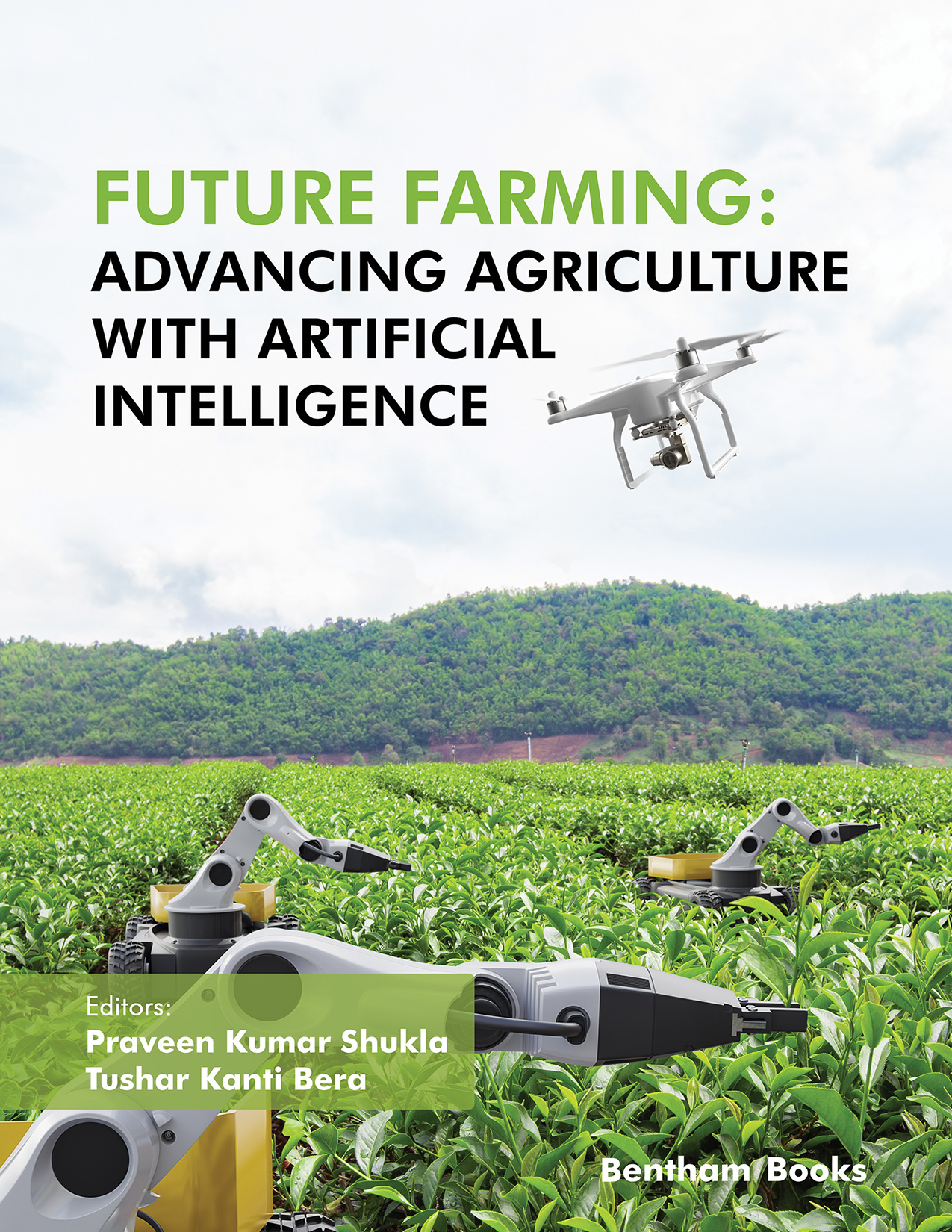Introduction
Artificial Intelligence is playing a vital role in implementing the smart methods for the agriculture and it will change the aspects of performing agricultural activities. The objective of this book is to inform readers about how artificial intelligence is improving agriculture by exploring its applications. The book addresses several aspects of the artificial intelligence applications in the smart agriculture including, pest control, leaf disease identification, identification of weed, field security and applications of drones in smart farming. Chapters are contributed by experts in agriculture, computer science and biotechnology.
Key Themes:
- - Advanced machine learning techniques for pest control and disease identification
- - Automated recognition and classification of plant diseases, focusing on tomatoes and pearl millet
- - Integration of artificial intelligence for solar-powered robots to identify weeds and damages in vegetables
- - Development of field prevention systems to deter wild animals in farming areas
- - Utilization of machine learning for weather forecasting to facilitate smart agriculture practices
- - Intelligent crop planning and precision farming through AI applications
- - Integration of artificial intelligence and drones to enhance efficiency and effectiveness in smart farming operations
Other features of the book include a list of references and simple summaries in each chapter to distil the information for readers. The book is a reference material for courses on automation in agriculture and as a handbook for anyone interested in new advances in farming.
Readership Students and trainees in agriculture automation; researchers, general readers and enthusiasts in AI applications and farming.

